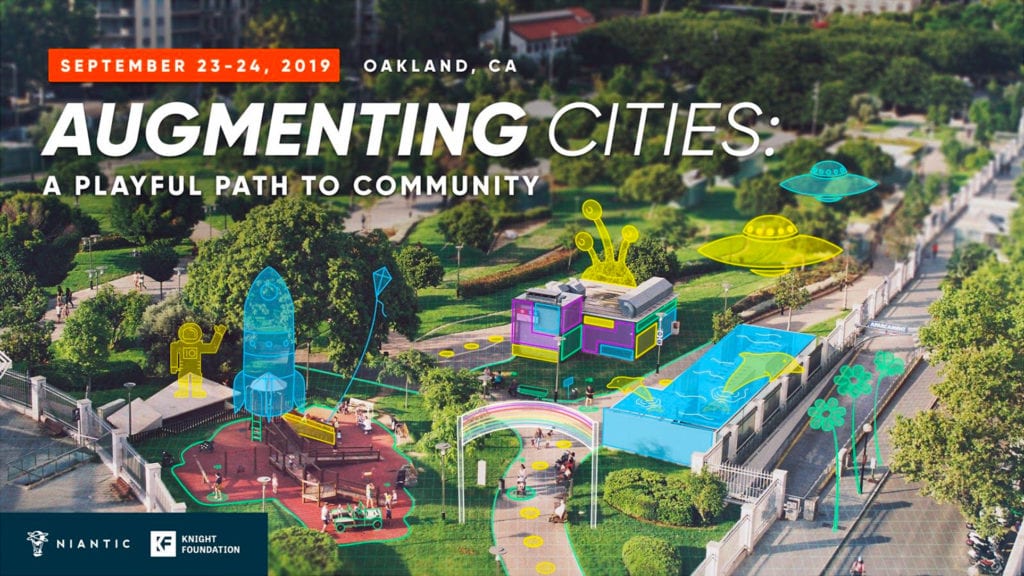
Axiomatic Partner
Niantic
Industry:
Entertainment Software
Investment Date:
January 2019
Accolades:
Earned more than $1B revenue in 2020
Pokemon and Beyond
Niantic is the world’s leading augmented reality company and a pioneer in real world gaming development. Niantic is building a state-of-the-art and planet-scale platform with an eye on future generations of AR hardware.
The company’s original technology powers a number of popular on-foot exploration titles that transform the Earth into an exciting game board. Niantic is widely known for the international fan-favorite, Pokémon GO, which requires players to seek out AR-enabled adventures in the real world. It continues to be the market’s most successful augmented reality app several years after launch. Amid the COVID-19 pandemic, Niantic adjusted the game to allow for indoor adventures. Adapting to quarantine gameplay was the right move as Pokémon GO generated more than $1B USD sales revenue in 2020.

A 3D Road to Success:
In less than two decades, Niantic has become one of the world’s most successful and profitable companies in the space. Its roots date back to 2001 when a small team of computer scientists, gamers, cartographers, and AI researchers developed a product that allowed users to control 3D maps of the planet. Then known as Keyhole, the company was soon acquired by Google and dedicated itself to advancing geospatial technologies and applications.
In 2010, the group founded Niantic Labs as a startup within Google. The group’s mission was to leverage mobile devices and a keen understanding of maps to create a new kind of gameplay. When the company spun out of Alphabet Inc. in 2015 with initial support from The Pokémon Company Group, Google, and Nintendo, it remained focused on exploration, exercise and real-world interaction.

The Niantic Real World Platform:
The innovative Niantic Real World Platform is essentially an operating system that bridges the digital and the physical worlds. It pushes the boundaries of geospatial technology, and creating a complementary, interactive real-world layer that consistently brings an engaging experience to users.

Popular Products and Titles:
Following the successful launch of Pokémon GO, Niantic announced development of Harry Potter: Wizards Unite in collaboration with Warner Bros. Interactive Entertainment, and WB Games. The game release leveraged the Niantic Real World Platform, which provided an opportunity to introduce new technology and gameplay mechanics.
Shortly thereafter, Niantic introduced Ingress Prime, a reboot of the company’s debut real world game, Ingress. In addition to completely redesigning the user interface and sound design, Ingress Prime integrated even more immersive offerings and qualities.


